How can LGBT refugees be protected from violence, in sprawling camps the size of major cities, and in countries where their very existence is outlawed?
It's a crisis in every sense of the word, but one that US and UN officials have said they're committed to tackling.
Through the lens of two East African countries where anti-LGBT discrimination is pervasive, the group Human Rights First has laid out practical steps on how to do so. And the group's new report, "The Road to Safety," shows what's really at stake. Consider this:
-In 2010, two refugee women in Uganda were abducted and raped because they had been assisting LGBTI refugees.
-In November 2011, a gay male refugee in Uganda was locked in his home and a group of refugees tried to burn him alive.
-Five cases of "corrective rape" of lesbian or transgender male refugees in Uganda were reported by nongovernmental organizations (NGOs) between June and November 2011.
-A gay Somali teenager in Kenya was doused in gasoline in 2010 and would have been set on fire by a crowd of Somali teenagers in Eastleigh, Nairobi, if not for the intervention of an older Somali woman.
As the report details, LGBT refugees in Uganda and Kenya are "doubly marginalized," having fled persecution from other countries in the region, yet targeted in the very refugee communities in which they now live. Like Uganda, Kenya, home to the world's largest refugee camp in Dadaab, also has laws criminalizing same-sex relationships.
"The vulnerability of LGBTI refugees is compounded by their frequent isolation from family and refugee social support networks, and a range of particular barriers they face in securing assistance from services for which they are eligible," Duncan Breen, Human Rights First senior associate for the Refugee Protection Program, writes.
Released Thursday at an event hosted by the Human Rights Campaign and the Council for Global Equality in Washington, D.C., the report lays out specific recommendations for treatment of LGBT and intersex refugees, including better access to safe housing and expedited resettlement.
Though the Obama administration has identified resettlement for highly vulnerable LGBT refugees as a key goal in its global initiative for gay and transgender rights, doing so on an expedited basis remains a challenge. The US takes in more refugees than any other country, yet has a lengthy process that, unlike some other countries that also take in significant numbers of refugees, requires such steps as an in-person interview with Homeland Security officials.
"The problem with trying to move LGBT refugees to the United States more quickly is that the U.S. resettlement process takes too long for the most urgent cases," Anne Richard, U.S. Assistant Secretary for Population, Refugees, and Migration, said at Thursday's event in Washington. "Rather than focusing primarily on the largely unattainable promise of expedited resettlement of some number of people, we should look at the full range of protection measures available in every case."
Among Human Rights First's recommendations, per the report:
-Access to Safe Housing: [The United Nations High Commissioner for Refugees and non-governmental organizations], with the support of donor states, should make safe shelter options available for LGBTI refugees at risk, including those in need of emergency shelter. Human Rights First recommends a "scattered housing" approach, with accommodation options for LGBTI refugees cases separate from where other refugee populations live. This scattered housing program should be funded by donor states, NGOs, or UNHCR, and available to small numbers of LGBTI refugees at short notice. Other shelter options may supplement this approach.
-Protection from anti-LGBT violence: UNHCR, along with NGOs that work with refugees, should help LGBTI refugees report violent incidents to the police; conduct outreach to refugee communities to tackle violence by other refugees; work with domestic LGBTI organizations to provide access to support, including emergency hotlines, legal services, and security training; and develop an effective referral system to assist LGBTI victims of bias-motivated and sexual and gender-based violence.
-Expedite resettlement for highly vulnerable individuals: UNHCR, the United States, and other resettlement states should strengthen mechanisms for identifying vulnerable LGBTI refugees, improve the pace of their resettlement where necessary, assess the potential use of Emergency Transit Facilities for LGBTI refugees, and significantly increase the number of expedited resettlement slots available globally. To address delays in resettlement processing, the United States should ensure the necessary coordination, staffing, and prioritization of security clearance processing and eliminate any unnecessary duplications, and extend validity periods for steps already completed.
The United States should also develop a formalized and transparent expedited resettlement program or system within the U.S. Refugee Admissions Program. It should provide emergency resettlement for applicants in extreme danger in as close to 14 days as possible from referral to departure and urgent resettlement for refugee applicants facing urgent risks within eight weeks, and in particular should:
Read the full report here.
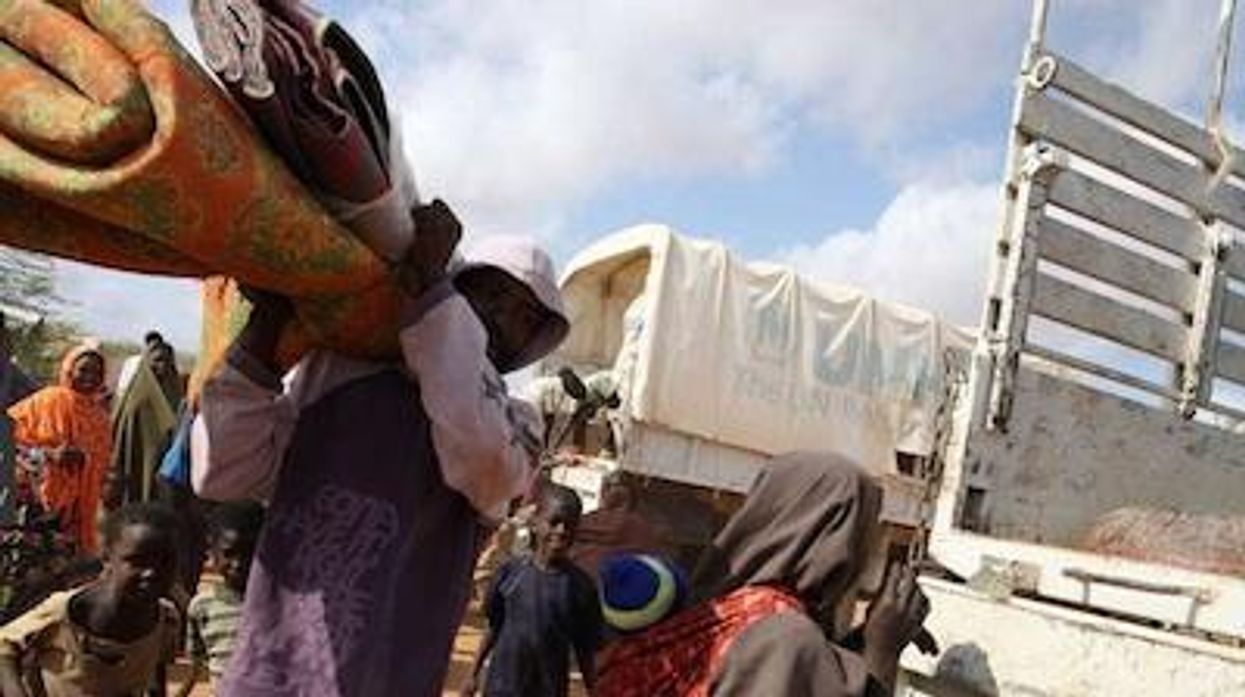
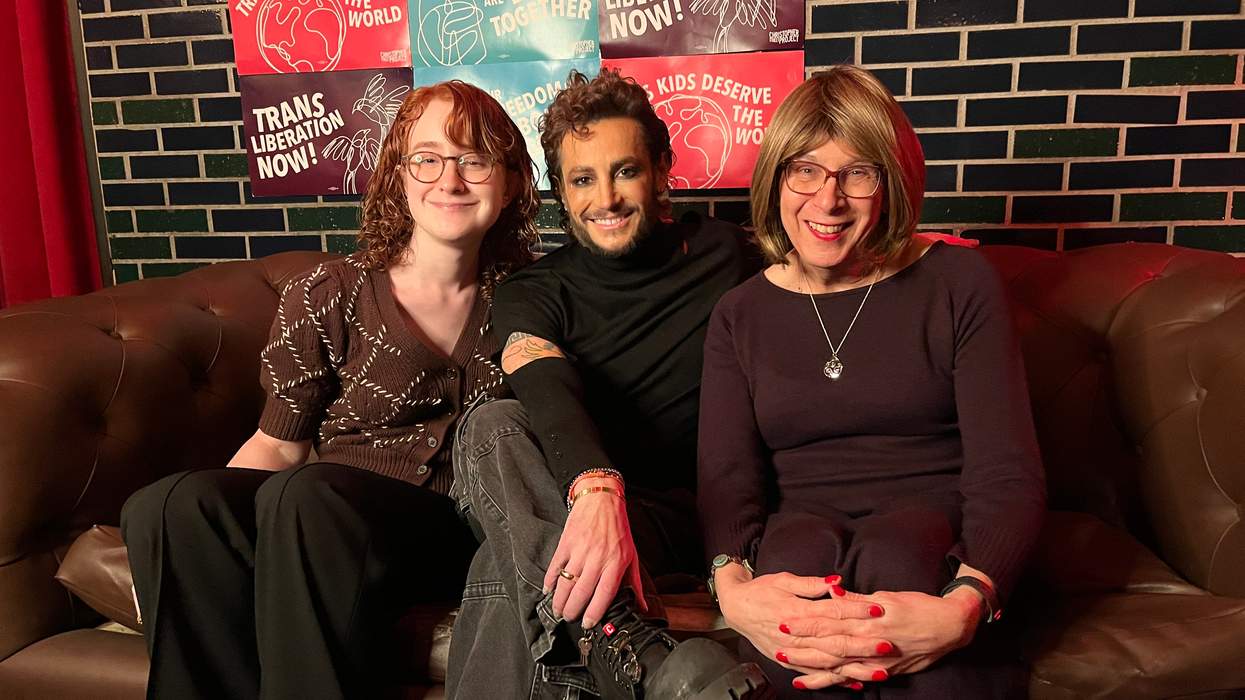


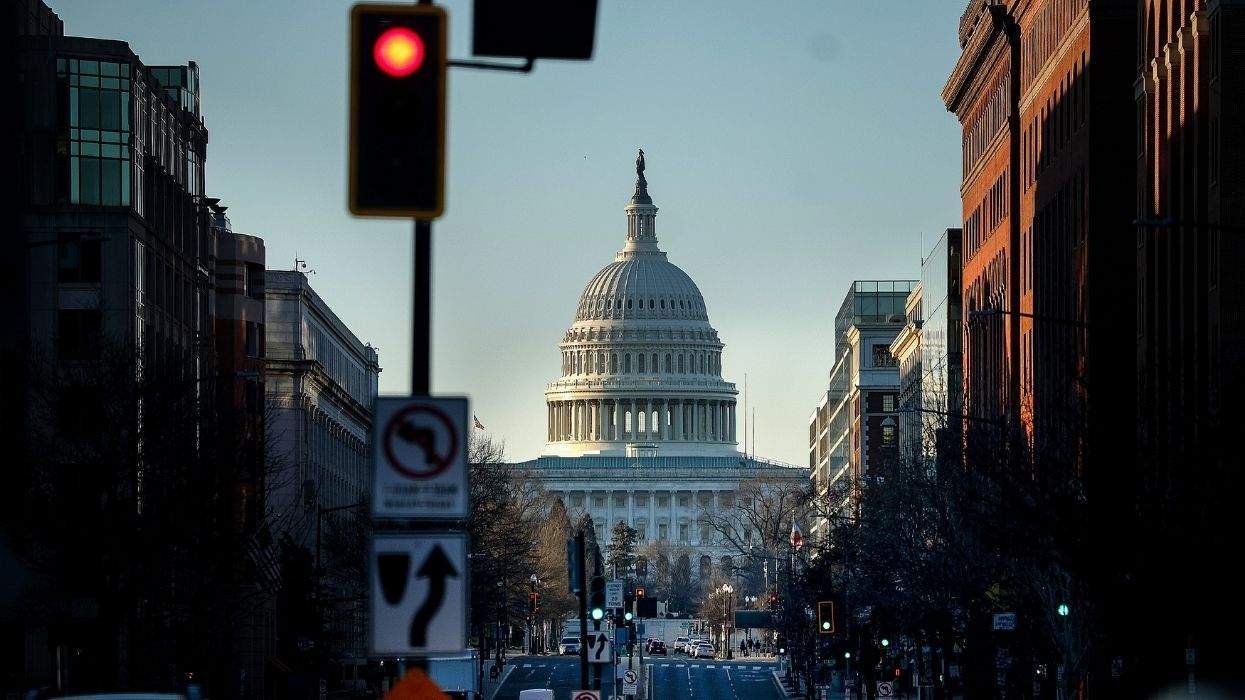
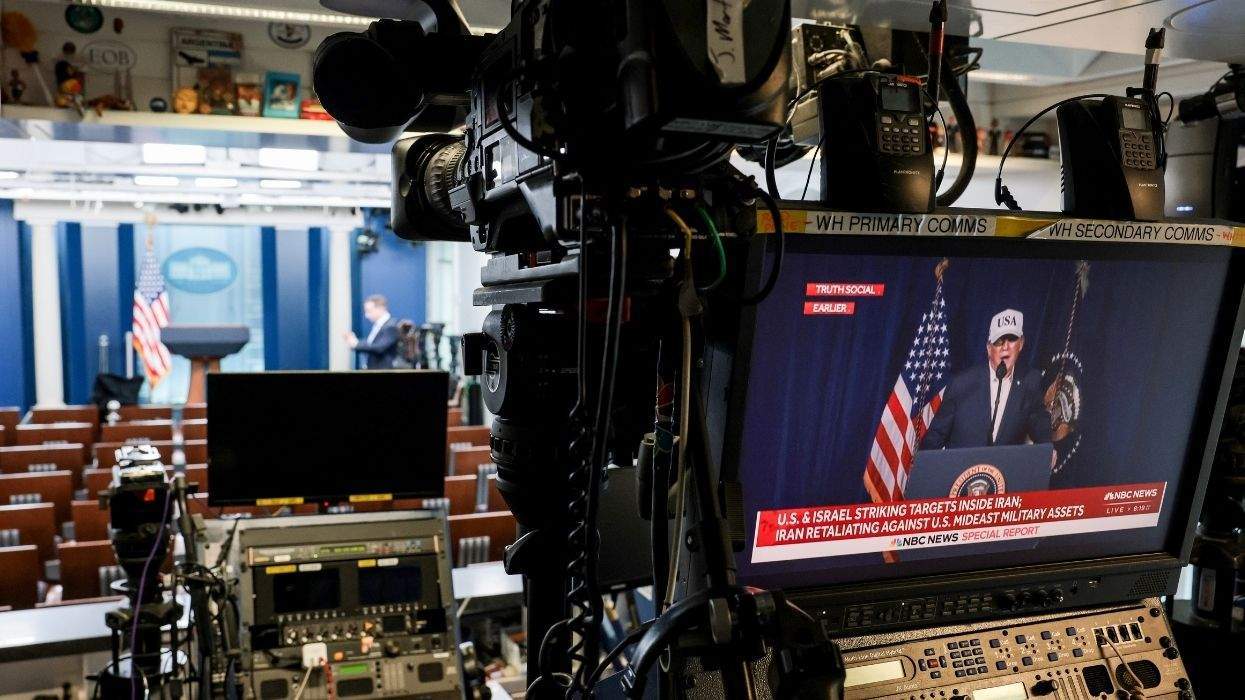
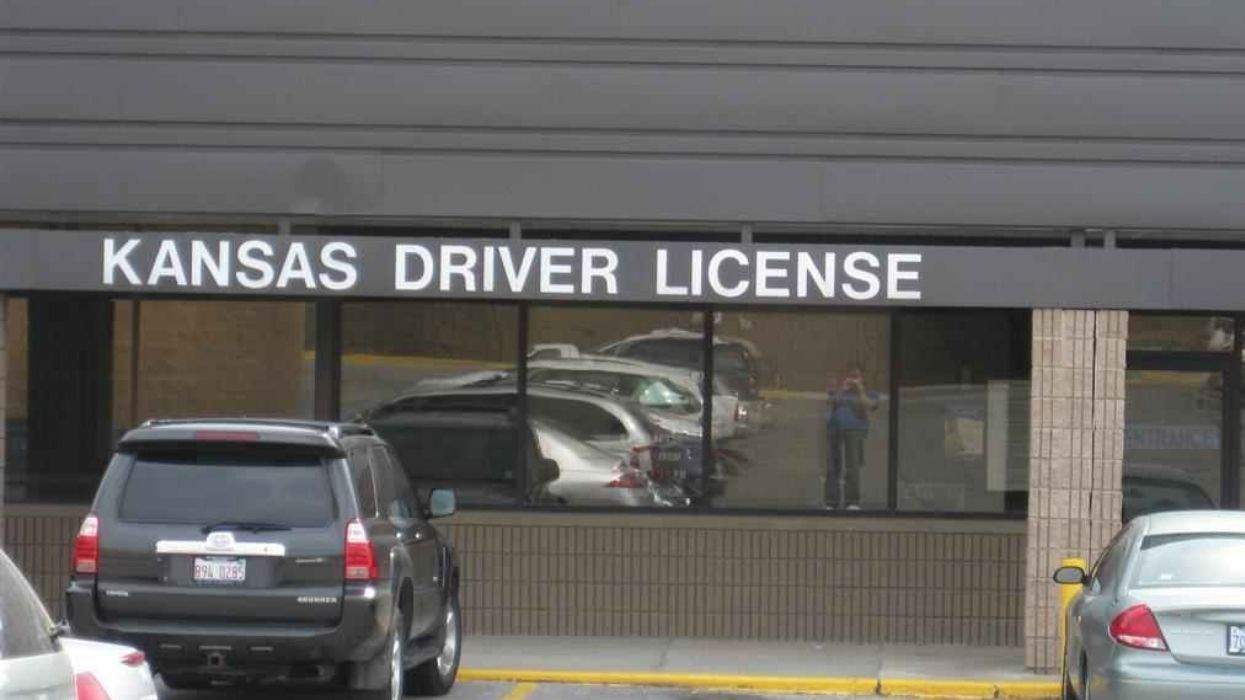
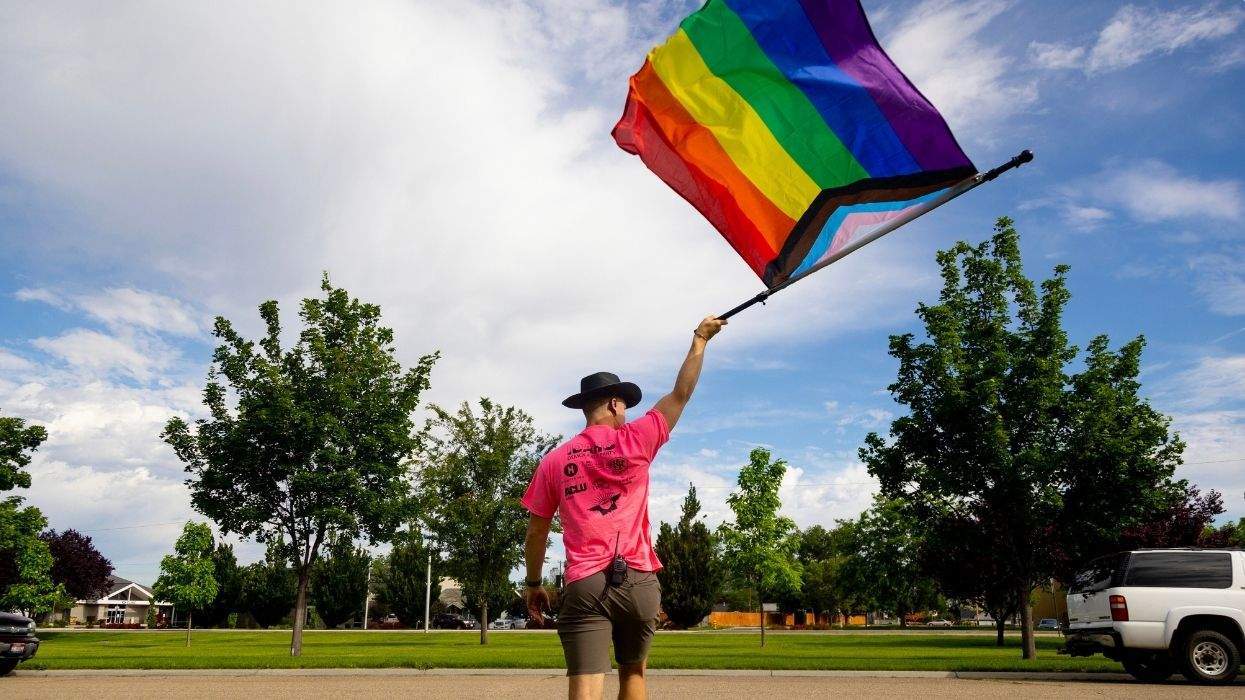

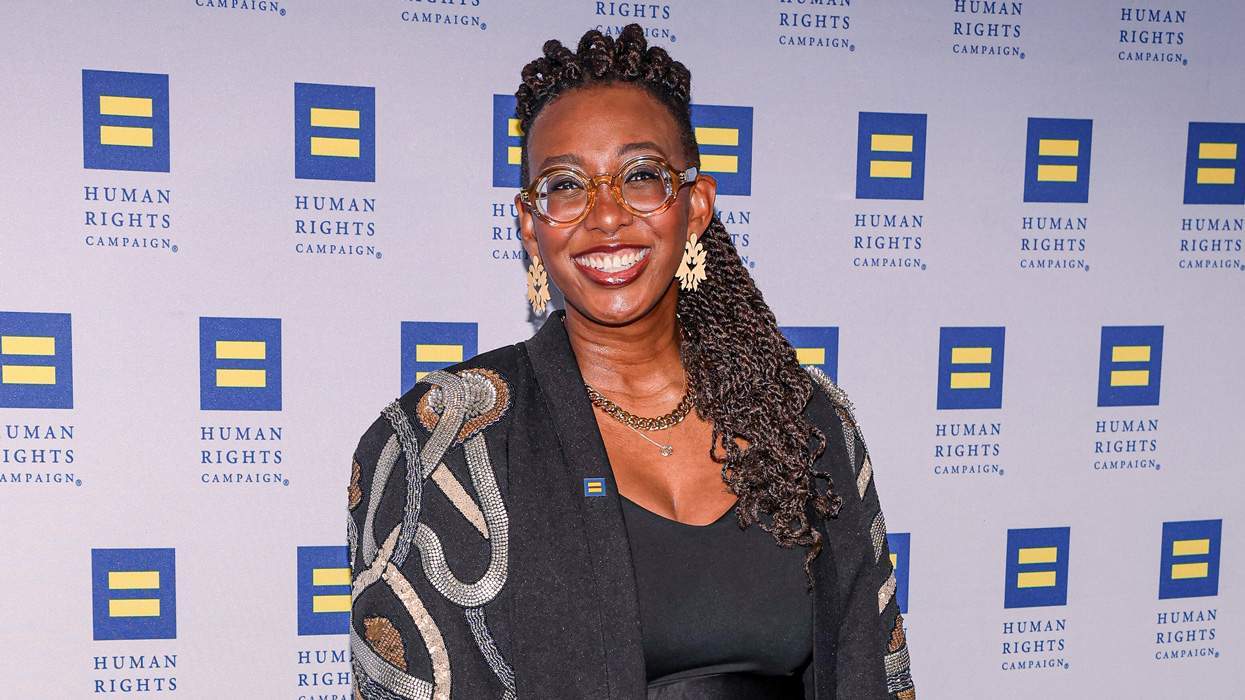





Charlie Kirk DID say stoning gay people was the 'perfect law' — and these other heinous quotes
These are some of his worst comments about LGBTQ+ people made by Charlie Kirk.